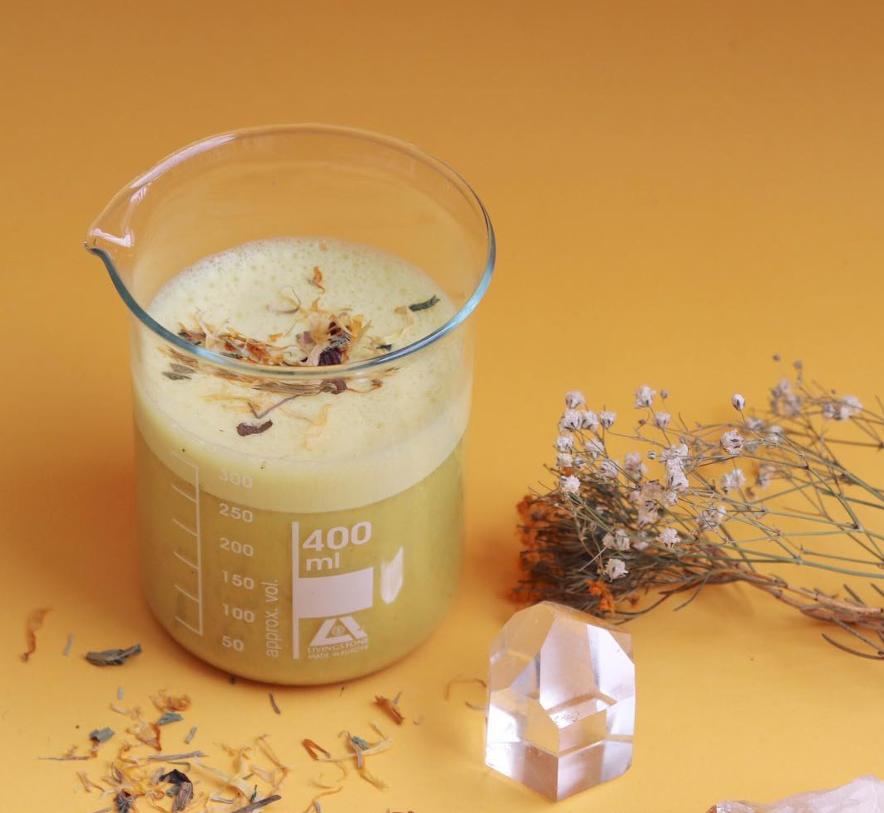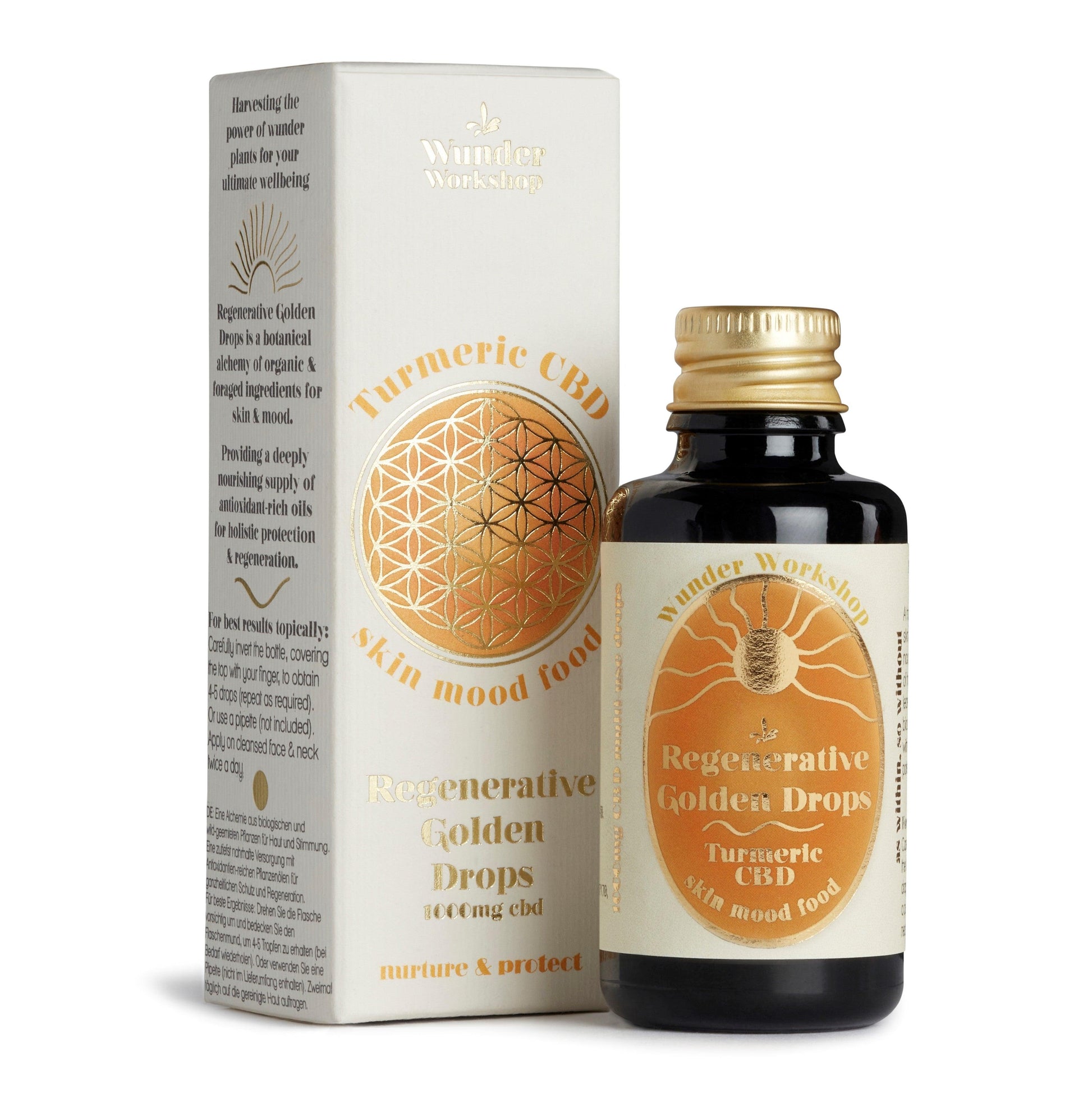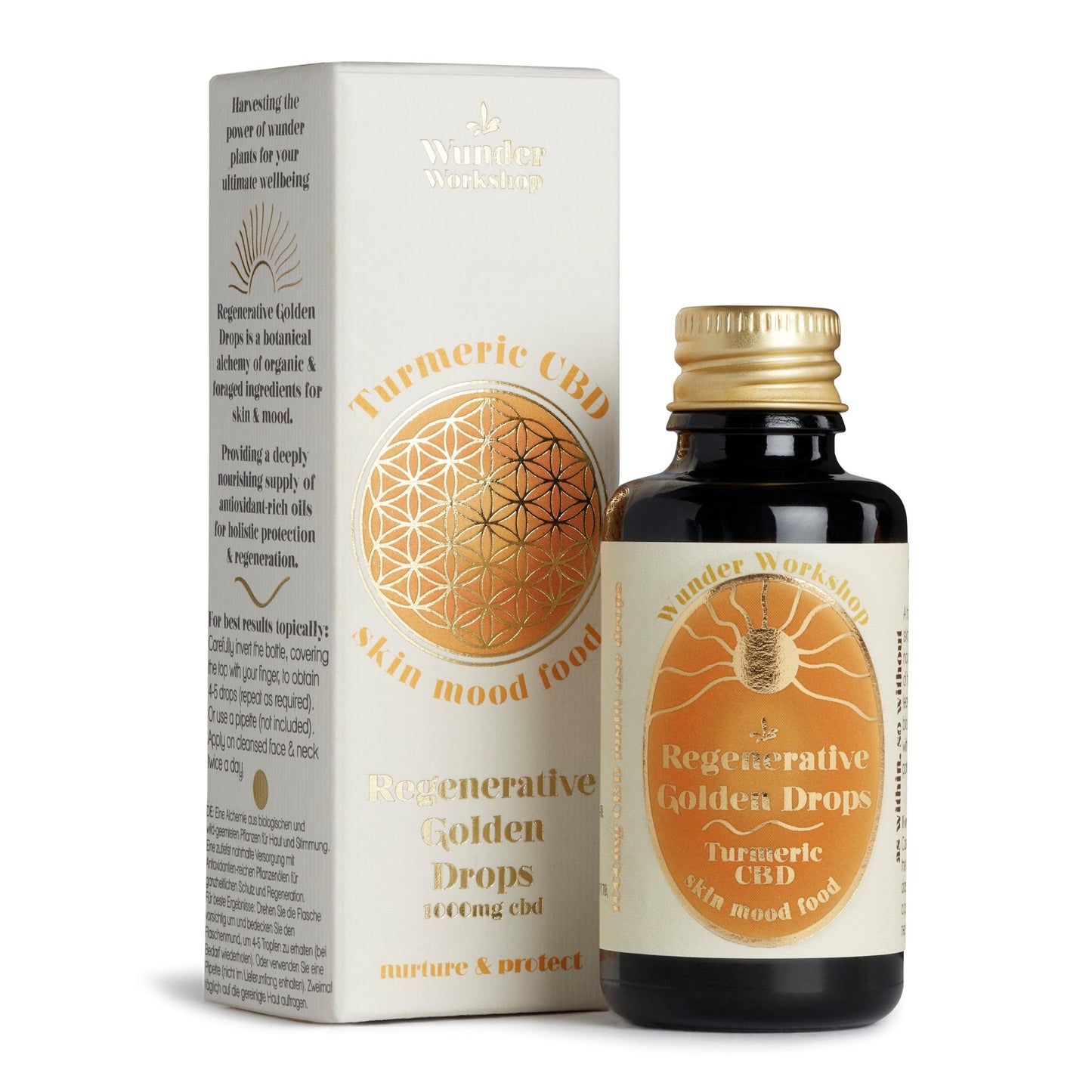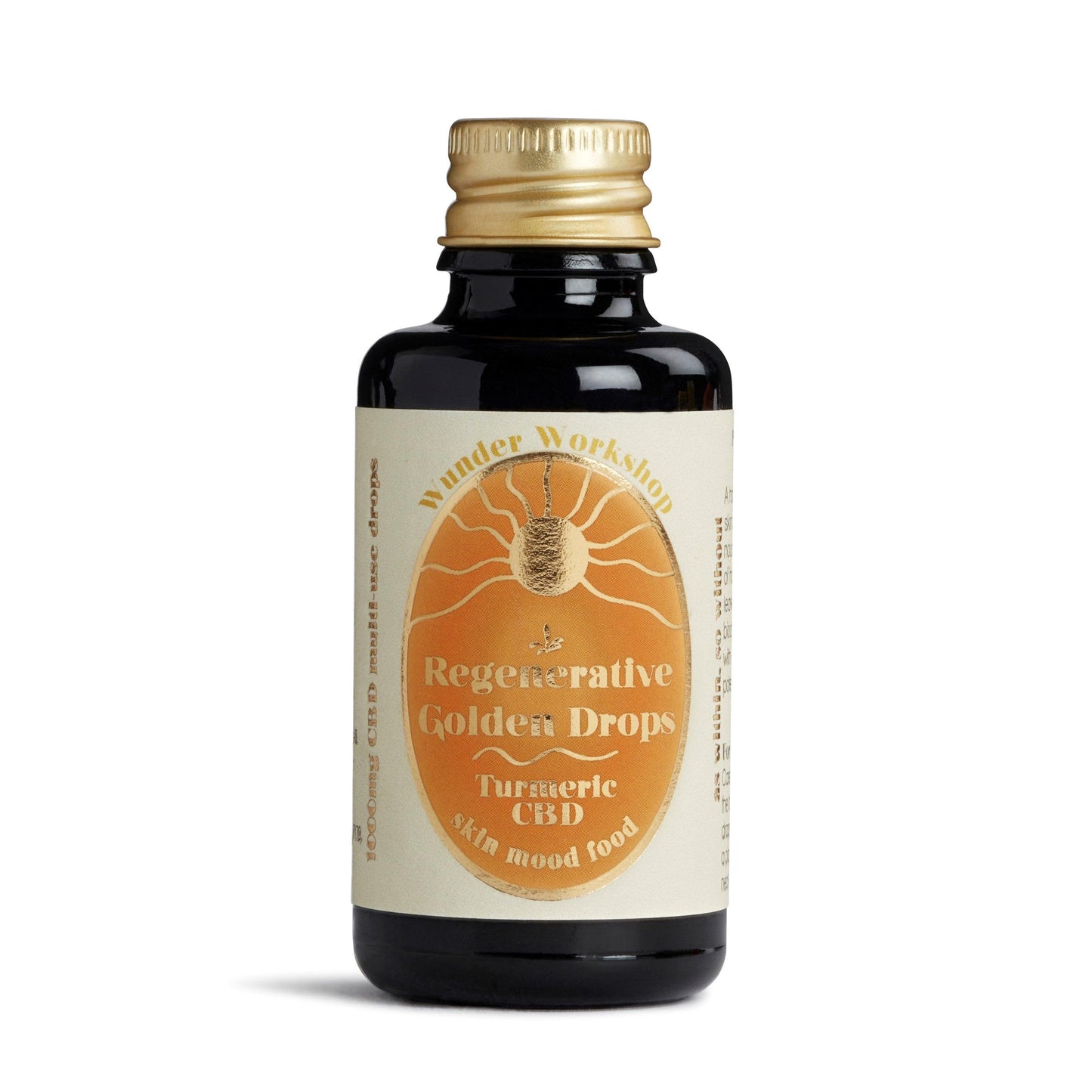Ashwagandha (Withania somnifera) is an Ayurvedic herb that has been used for centuries and is known as a ‘rasayana’ in India, meaning rejuvenator. The root contains the active compounds responsible for the medicinal nature of the plant: the withanolides and withaferins are anti-inflammatory and immunomodulating, the alkaloids are sedative and the sitoinosides are immune-stimulating and adaptogenic. Ashwagandha comes from the Sanskrit meaning “smell of a horse" which not only refers to the smell of this herb but also eludes to its strengthening and aphrodisiac properties.
Key medicinal value of ashwagandha:
Nervous system tonic & adaptogen: Ashwagandha is an adaptogen which nourishes the nervous system and restores its overall health. The hormone cortisol is released from the adrenal glands to promote a fight or flight response when the body is under attack/in danger. Levels of cortisol also naturally rise in the morning and fall at night to help promote wakefulness and sleepiness. In today’s society quite often our cortisol levels are forever in a heightened state due to things like blue light from screens, long working hours, social media, commutes, pollution etc. A consistently high level of cortisol in the body is an assault on the nervous system. This leads to suppressed immune systems, reduced sleep, increased blood sugar levels and a plethora of other delirious outcomes for your health. Furthermore, when the body is under constant stress, it will favour the production of cortisol from the adrenals over other essential reproductive hormones like testosterone, estrogen and progesterone. In a world where it is near impossible to completely eradicate stress, ashwagandha is incredibly useful, as it increases our bodies resilience towards it, thus reducing these knock-on effects that cause such widespread damage in the body.
Ashwagandha also works to normalise responses in the body by modulating the release of stress hormones like cortisol from the adrenal glands: raising what is low (energy, memory capacity, mood) and increasing what is high (stress). It must not be mistaken for a stimulant as does not create a manic effect in the body, rather an inner energising calmness. For this reason, it makes an excellent medicine to promote recovery after illness and during convalescence, restoring vitality through its non-stimulating, but tonifying effects.
Other benefits of Ashwagandha:
Balances blood sugar: The anti-diabetic use of Ashwagandha is due to its effect at balancing blood sugar. Considering the detrimental effects of chronic high blood sugar levels on mood and memory, this herb can have a profound effect on mental health.
Immuno-modulator: As well as the indirect benefit on the immune system from the adapotgenic properties of Ashwagandha, it also directly increases the white blood cell and neutrophil counts in the blood and so is a useful tonic when ill and for patients with chronic immune deficiency.
Anxiolytic (meaning reduces anxiety): studies have shown that it is a highly significant herb in reducing a huge number of different psychological measures of anxiety and depression.
Anti-inflammatory: Ashwagandha suppresses the production of pro-inflammatory molecules. This means it is of great use in various chronic diseases involving inflammation and will aid rheumatism, joint pain and neuralgias and can be used topically for wounds and swelling.
Aphrodisiac: one of the knock-on effects of chronic stress is sexual dysfunction. Clinical trials have shown that 3g dose daily for 1 year improved sexual performance of 71.4% of healthy ageing males (Kupparajan et al, 1980). Furthermore, it is used to increase fertility in men too with studies finding it improves sperm motility, concentration and volume.
Sedative: ‘Somnifera’, half of the Latin name for Ashwagandha, means sleep-inducing. The plant chemicals, alkaloids, have a sedative effect on the body, decreasing blood pressure and reducing heart rate and explains the use of Ashwagandha in treating insomnia.
Iron source: Ashwagandha is naturally high in iron and can boost your red blood cell count. This makes it a particularly helpful herb for those struggling with iron-deficiency anaemia.
How to take: Ashwagandha can be taken in powder form. It has a slightly bitter taste on its own and so is traditionally mixed with ghee, honey and milk, or you can alternatively add it to smoothies, tea and coffees. To have a medicinal effect you need to be consuming 3-5g daily which is approximately 1-2 teaspoons. Our Superior Ashwagandha is a highly bioavailable, full-spectrum root extract and so allows our bodies to absorb and assimilate the wonder of this nourishing medicinal plant.
The combination of adaptogen, immune stimulator and anxiolytic, makes Ashwagandha the perfect herb for this month of uncertainty & change. Treat yourself and stir a few teaspoons into a warm cacao and hot milk drink in the evening before bed to also take advantage of its sedative properties and inducing a deep night’s sleep.
Find our Superior Ashwagandha here. Research & text by Lily Canetty-Clarke. Artwork by Hannah Grace.











